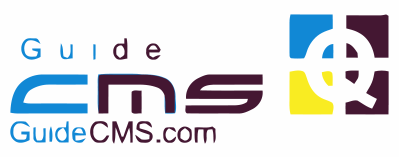Prerequisite knowledge
Section 1.1, “Concept: Drupal as a Content Management System”
What is a Theme?
A theme is a set of files that define the visual look and feel of your site. The core software and modules that run on your site determine which content (including HTML text and other data stored in the database, uploaded images, and any other asset files) is displayed on the pages of your site. The theme determines the HTML markup and CSS styling that wraps the content.
The core software provides several basic themes with the core distribution. These themes have largely been designed and built by the community over the last several years and will all be good choices for building your first sites and becoming more familiar with how the core software works.
Drupal is a well-established CMS so the market for 3rd party themes - both free and paid - is very robust.
If none of the 3rd party options suit your needs, you’ll need to create a custom theme. A custom theme can be as simple as a single CSS file that adds styling to the markup provided by the core software. Guidance for creating custom themes in Drupal can be found in the Drupal.org community documentation page "Theming Drupal".
Related topics
- Section 11.4, “Finding Themes”
- Section 11.5, “Downloading and Installing a Theme from Drupal.org”
- Section 1.2, “Concept: Modules”
Additional resources
Drupal.org community documentation page "Theming Drupal"
Attributions
Written and edited by John Grubb and Jennifer Hodgdon.



